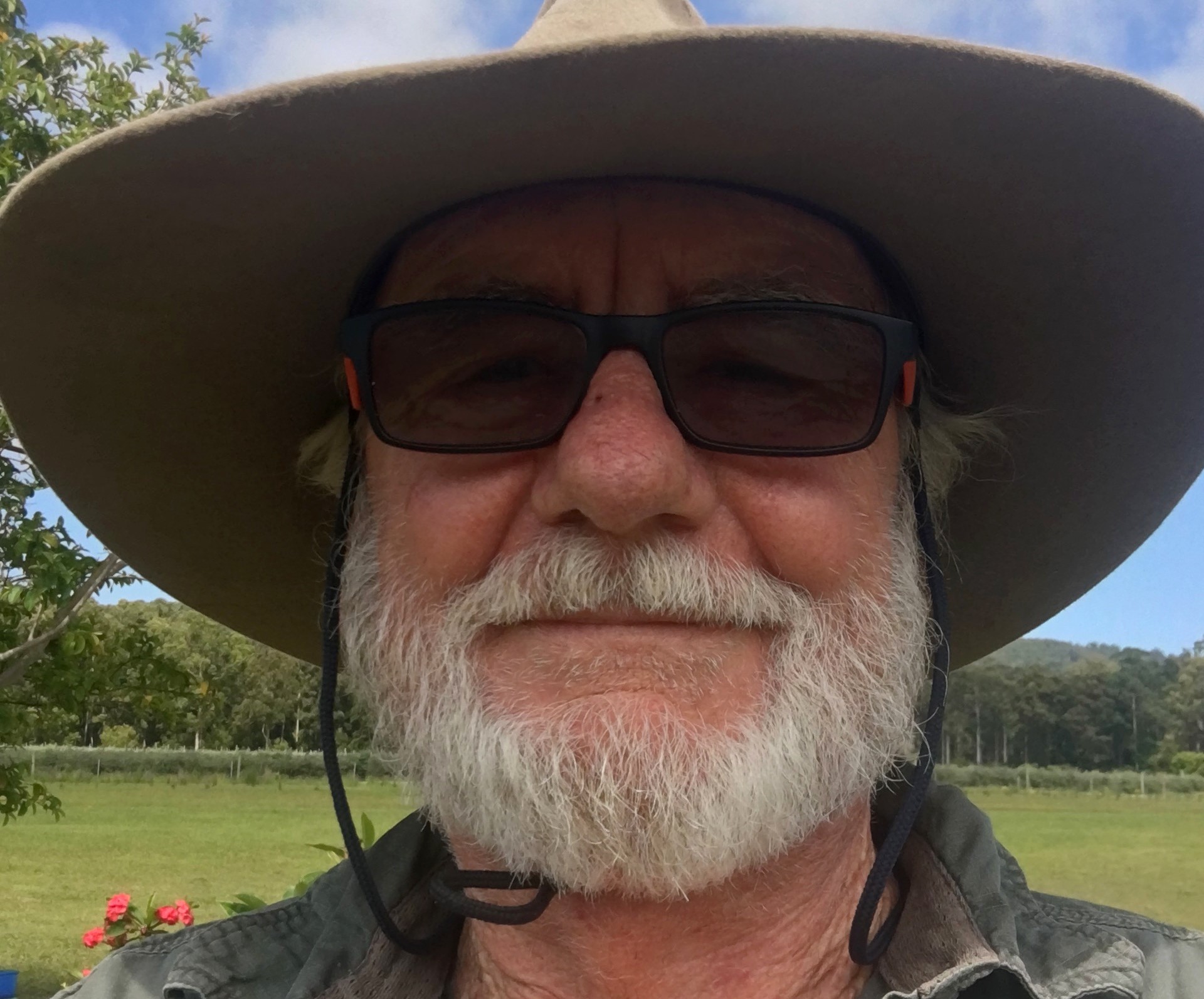Australia has more than 6,000 thousand edible plant species and Rus, who is also the Deputy Chair of Australian Native Food and Botanicals (ANFAB) can list a fair chunk of them. Some plants can be found along the roadside, in gardens and along creek banks. You just need to know how to identify them.
Take for example the Acacia “wattle” species which are found across Australia. Of the 1,146 species identified, at least 150 species have been used by Indigenous Australians for thousands of years as food, medicine or materials for tools and weapons.
Rus is currently the principal investigator in an AgriFutures Australia wattleseed project which has the potential to be a game changer for the Australian agriculture sector.
“It is a tree crop that can produce sustainably year on year. With so many edible wattle species recognised across Australia they grow in every ecosystem represented across the entire continent, including Tasmania and many of our islands,” said Rus.
“The Egyptians were thought to be the first to grind and bake these seeds but there is evidence that Indigenous Australians were doing this over 25,000 years ago and today wattle seed can be used in coffee, ice cream, biscuits and bread and a wide range of foods.”
Encyclopaedic knowledge
Rus Glover’s knowledge of native foods is encyclopaedic, and he believes every plant has a use.
He can speak easily about a conventional crop such as garlic and its benefits, to harnessing the nutrient value of native potatoes and yams of which there are many species, or the antioxidants contained in the species Syzygium leuhmannii, which is commonly known as the riberry or lilly pilly.
“The lilly pilly has 19 essential oils and in some places like Japan, the plant is freeze dried and used as a tea. In Adelaide, they even use it in sorbet,” said Rus.
“I am growing three tonnes of the Rosella bush on my farm which is extremely high in amino acids and demand is increasing.”
Rus lives on the Mid North Coast of NSW between the town of Woolgoolga and Sandy Beach, 20 kilometres north of Coffs Harbour on a 100-acre farm.
He has always had a commercial nursery and his love of plants is infectious.
“I became interested in commercialising native species as I’ve spent a lifetime growing all kinds of plants and studying them,” said Rus.
“The industry recognises the importance of benefit sharing native bush foods through the international protocol on biological diversity. It is very important that Indigenous Australians are involved every step of the way.”
He believes western values have wiped out traditional knowledge but that the pendulum is changing.
“Bruce Pascoe’s book Dark Emu is essential reading for anyone wanting to know about Indigenous Australians and their systems of food production and land management and how they have been blatantly understated in modern retellings of early Aboriginal history,” said Rus.
“I think there’s no doubt that as a country we have denigrated and ignored what has been sitting in front of us for a very long time.”









